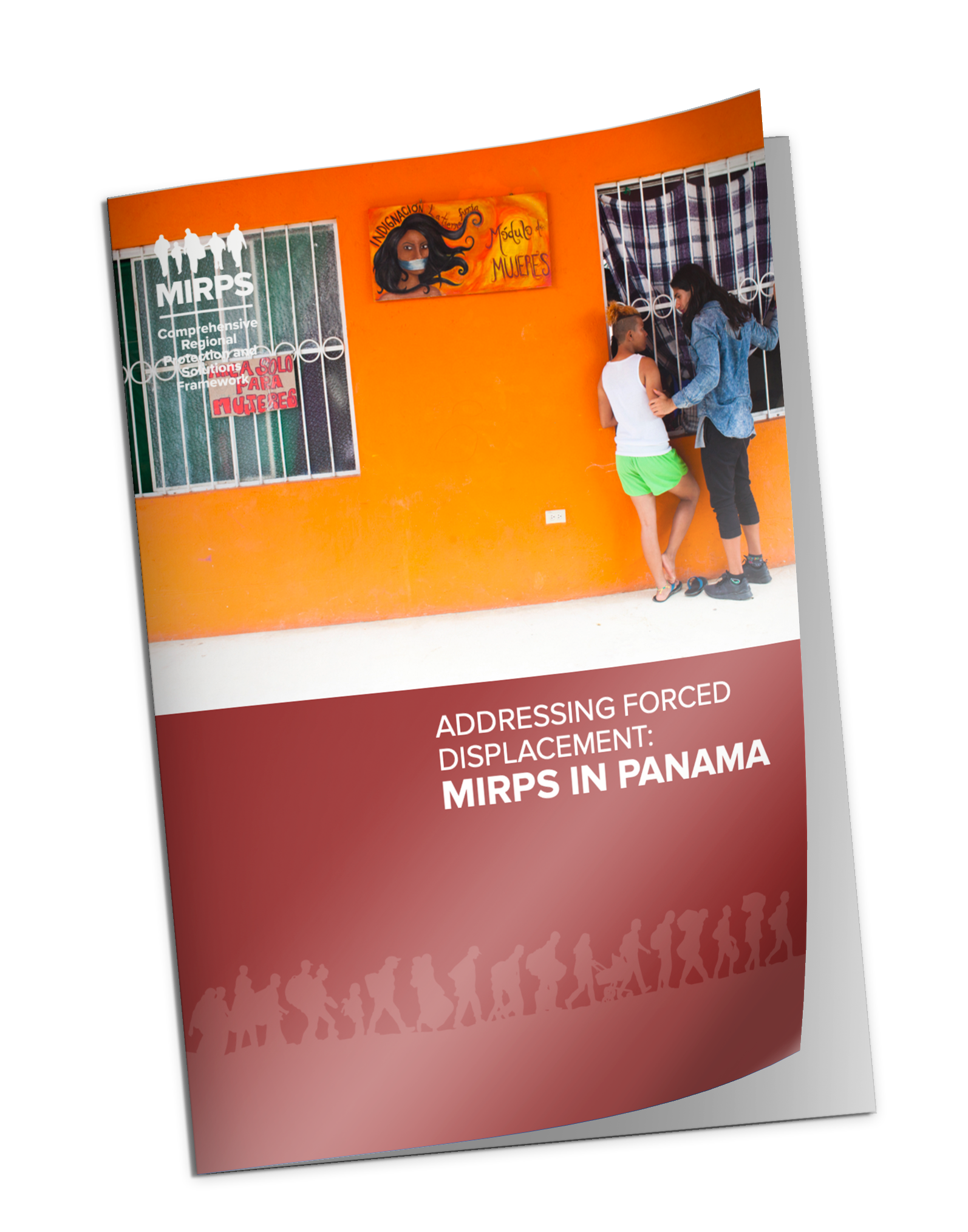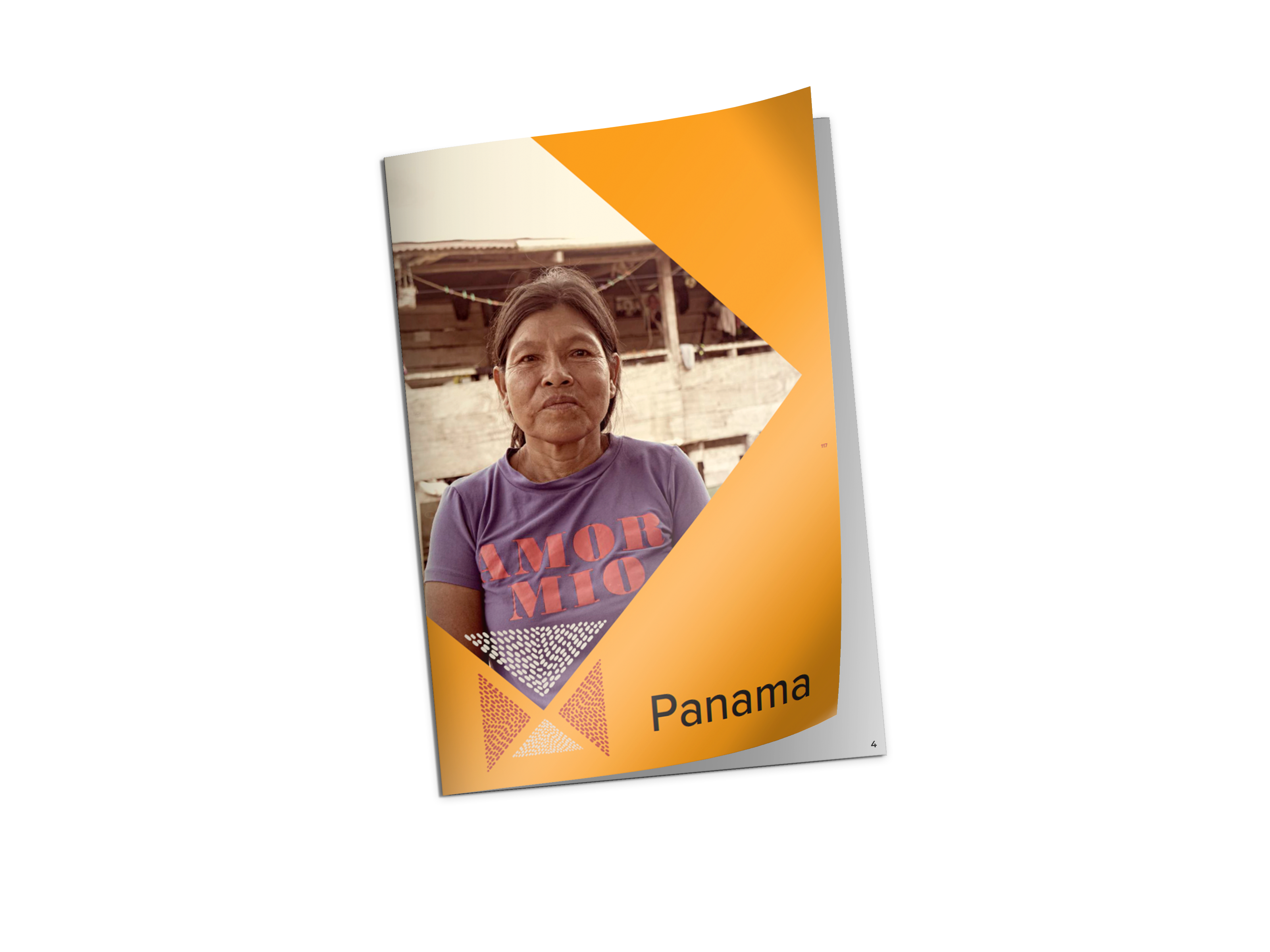Panama
MIRPS in Panama
Panama is home to nearly 14,000 refugees and asylum-seekers. The population is mainly composed of persons from Colombia, Nicaragua, Venezuela, El Salvador and Cuba. Particularly during the last two years, asylum claims from Venezuelans and Nicaraguans have increased exponentially. COVID-19 have greatly impacted recognized refugees and asylum seekers in Panama, as a result of the mobility restrictions and loss of their source of income, both within the formal and informal labour market). This has also affected their emotional well-being.
To address the situation, Panama as part of the MIRPS since 2017, has advanced in the implementation of its commitments to provide protection and solutions for the forcibly displaced. The support of the international community in the areas of improved registration system, inclusion of refugees and asylum seekers in socio-economic programs, increased presence of ONPAR in border areas and enhanced capacity of national government officials from different line ministries will be very much welcomed to address the needs of the thousands of persons that are seeking safety and protection in the country.
National Action Plan Focus Areas

Protection
11 commitments

Jobs and Livelihoods
3 commitments

Education
2 commitments

Health
1 commitment

Social Protection
3 commitments
© UNHCR/Roger Arnold


